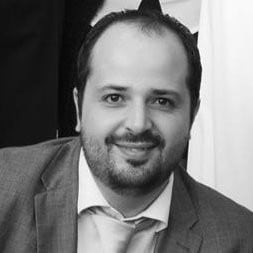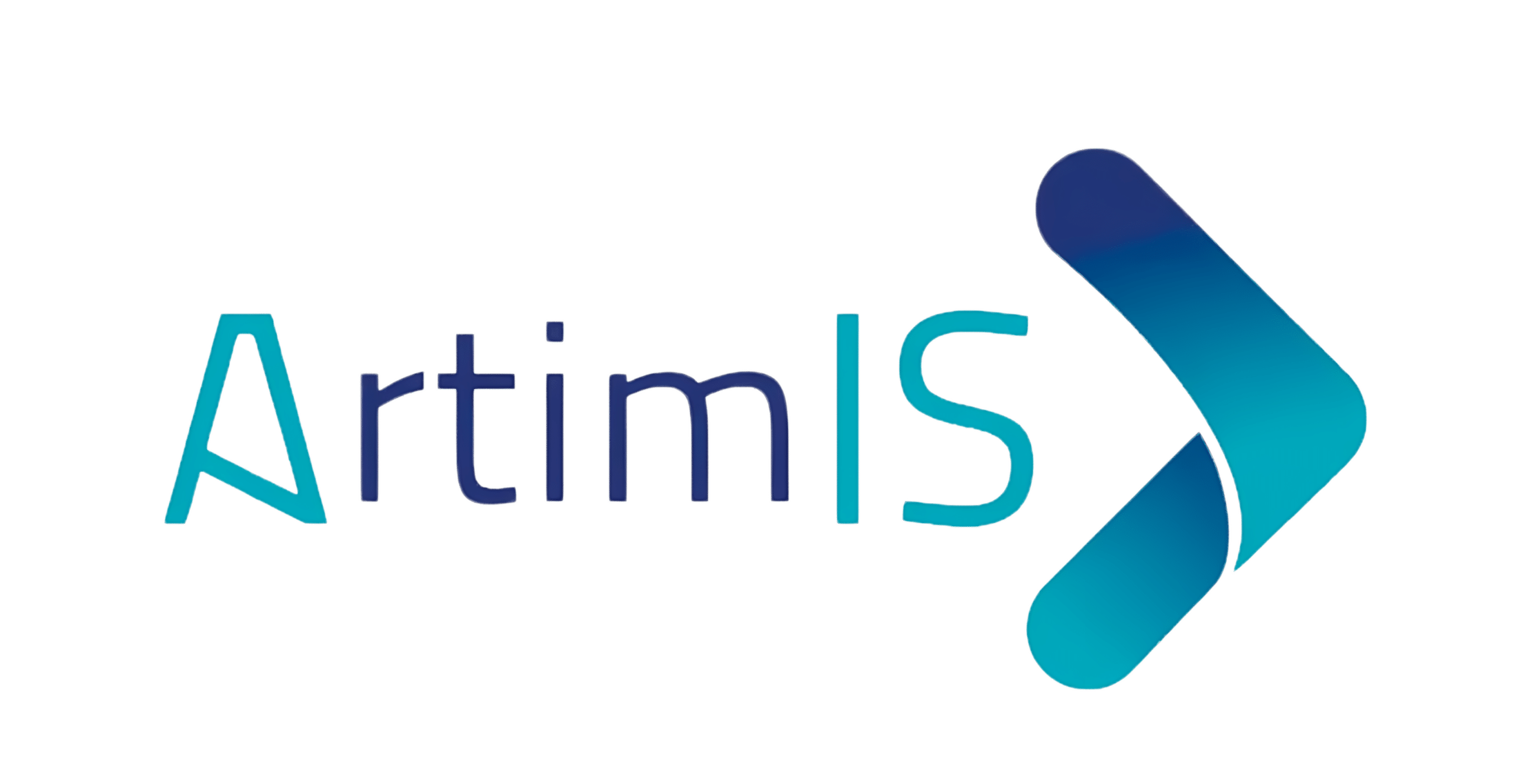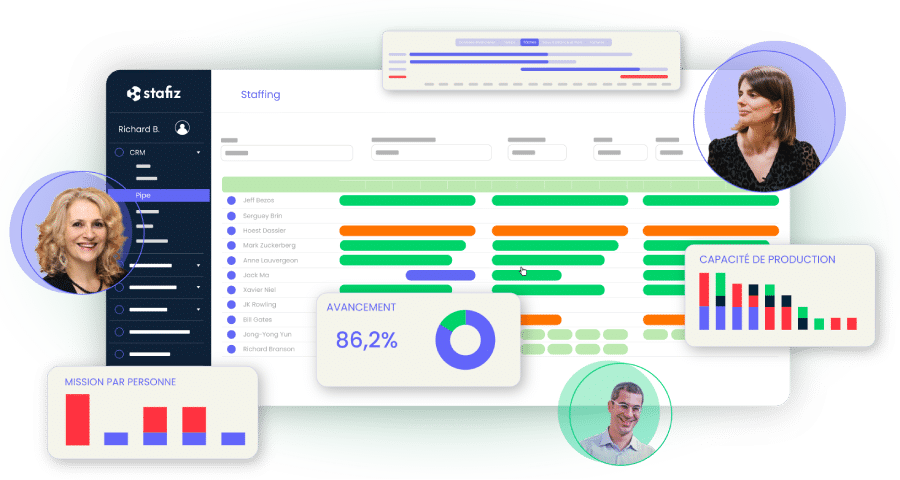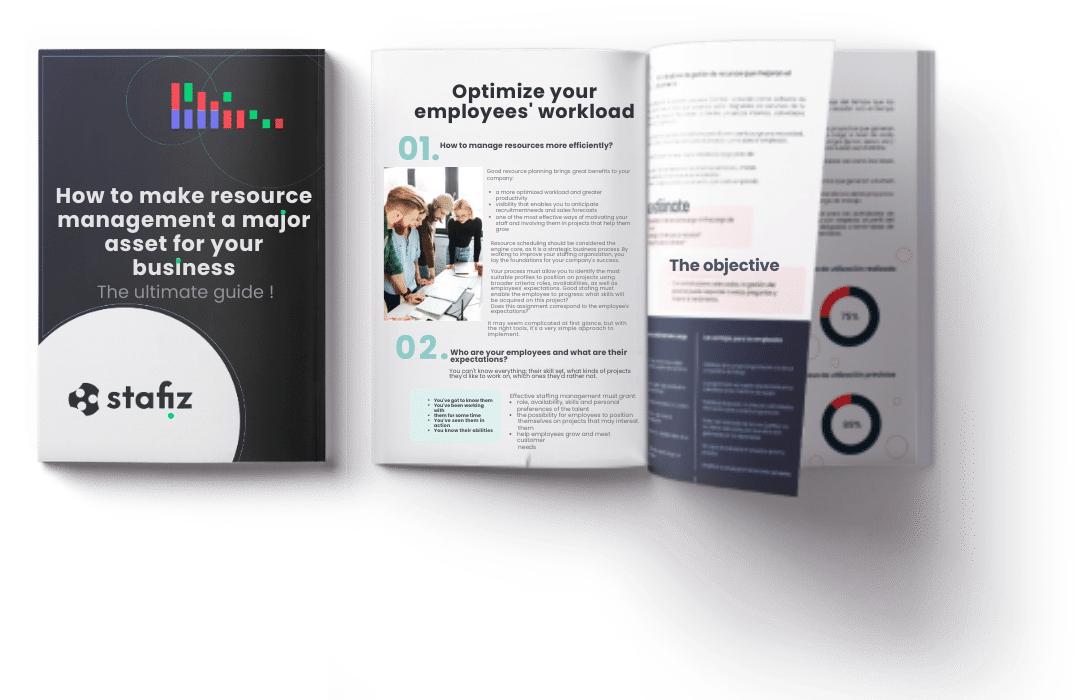Interview with Calyans
Interview
Interview with Nizar Sefiani

"Hello, can you introduce yourself and Calyans?
I am Nizar Sefiani, I am the founder of Calyans , which is a consulting and digital service company specializing in the digitalization of warehouses and the distribution, implementation and support of warehouse management tools commonly known as WMS. We are present in two activities: a WMS expertise activity for key accounts, on which we will intervene in all phases of the project. From the expression of the need to post-start-up support on projects for key accounts.
We have a second activity that is a little more SaaS and SME oriented, where since last June we have become the first integrator and distributor of Corax WMS solutions in France (a company based in the Netherlands).
In the coming days, there will be a third activity focused on innovation. You will surely see the news on our social networks. But for now, it's confidential!
Is this integrator activity something you have developed recently?
We were more present in expertise activities with major accounts, in the form of a management company. What changes is that we become a distributor. Before, we didn't sell warehouse management tools, we just provided expertise on the tools. There, we distribute the tool, we set it up and we create the support. It's SaaS mode and aimed at a target that we didn't have before: VSEs and SMEs.
Do you regularly work with the same key accounts, or does it vary?
We often work with the same people, because these are projects that last over time, mainly in the retail, logistics and industrial sectors.
We have been living through this crisis for a little over a year, how did you experience it at Calyans? How did it go for your customers? As a consulting firm, have you seen a strong evolution since this period? Where are you today?
At the beginning of the pandemic, we had a lot of questions about our customers. In general, we are in management professions in which we are very present on site with our customers. So, we had to review our way of working. We were waiting to see how our customers reacted to this crisis. At the beginning we didn't really know, we were waiting, but very quickly there were arbitrations on projects on which we were involved.
We were very lucky in this part, because we were positioned on so-called essential activities, on digitalization, so we could do our work remotely. The whole team quickly switched to full remote and we continued to work for our customers. We were lucky that our projects at home – on this aspect of the supply chain that was at the heart of the pandemic – were not de-prioritised. There was a need for investment, unlike other projects with our same customers which had to stop.
How did you manage to have so much impact by no longer being on-site but remotely? How did you go about it with your customers?
When we work for our clients, for security reasons, we use VPNs. We have means of communication such as Teams, Google Meet. We have access to remote tools, databases, things we're used to working on. However, at some point, when things calmed down a bit, we came back to the site. What is really important in our professions, where you have to be present, is really at the beginning to see the needs and hold exchange workshops etc, it's important to be in person. This is essential when the tool is launched, when you have to do on-site support to fully understand and visualize what is happening. In between, there are steps, configuration, testing, training, etc.
In the middle of a project, we tend to have to work remotely. Given that during the pandemic, we were more on deployment phases, we were able to do this remotely. And when we were out of lockdown, we were able to visit our customers two days a week.
How did you go about it with your employees? Has the full-remote culture been more established? How have you changed your internal processes?
We had to work a lot on site at our customers' sites, we had trouble being together because we were all scattered over different sites, so it was already a bit complicated. Now, we have switched to full remote and this is a subject that concerns me quite significantly. Everything related to recruitment, retaining skills within the team in a market that continues to be in short supply despite the pandemic, is a subject on which we would like to work and develop this way of operating even if we are working remotely.
The idea would be to build a hybrid model on which we would have an ideal week: two days at the client's site, two days in the office and one day teleworking. It's an optimal model where everyone would win. Travelling to our customers on site weighs on our recruitment, we lose people when we tell them that they will have to travel 80% of the time.
Have you felt any changes in your customers' expectations? In their way of working?
I think they must have asked themselves if it was going to work well, because they faced teleworking en masse, whether it was at the level of their teams and their service providers, etc. I think we found a good rhythm and everything is working very well. I hope that this will go in the direction that we will find a hybrid model, doing remote management. I don't believe in full remote, or full on-site, I think there's an in-between to be had.
You know the logistics sector, there has been a favorable effect for e-commerce. How do you feel about the industry at the moment, especially the logistics market after this situation? How has it evolved since last year, what are the prospects for the next few years in your opinion?
In the logistics market, there are high expectations related to flexibility and digitalization – whether in warehouses or in logistics circuits that had to be reorganized when one country is in lockdown and not another. We had to be very reactive. It's important to have a digitalized and flexible system. More and more, the expectation at the supply chain level will go more and more on this flexibility and the possibility of reviewing logistics schemes and digitalization. More and more, being able to use any logistics center, including stores transformed into warehouses, you have to adapt where you will be able to store goods to be able to be as close as possible to consumers
Have you had any requests to set up Click and Collect?
We haven't had any directly, because the key accounts we work with are more B2B-oriented, stores, concessions, etc. But we saw an explosion in e-commerce demand for this brand new activity in June on the Corax SAAS WMS.
Do you see a market of smaller companies that manage their own logistics, or do they tend to use market places?
They use market places more and more, existing things, platforms, prestashop, etc. that they try to connect with carriers, WMS to be able to work. But here, the requests we had were not about market places, they are really SME-type companies looking to equip themselves. Some of the determining factors are the costs that are a little lower than what you can see in large accounts and the speed of implementation.
Apart from the aspects of internal communication and with customers, are there other developments or other elements that you see coming in the near future on this aspect of warehouse digitalization?
It is our observation that something interesting seems to be happening, as I was telling you about our future third activity. We can talk about collaborative logistics, which will take on its full meaning in the coming months and years, even if it has already started. We will tend towards more flexibility, more collaboration. This is something very important.
What advice would you give to someone who wants to start their consulting business?
It is very important to spend time with your commercial target, with your customers to understand their needs. You shouldn't spend too much time developing a complete offer only to realize in the end that it doesn't fit. You have to have something at least to present to customers very quickly to be able to benefit from feedback, and gradually build something more efficient by feeding on customer feedback. This is something very important to be able to monetize your business and expertise.
Are you recruiting at the moment?
Our goal for 2021 is to recruit 6 people: project managers, senior consultants and consultants.
Thank you Nizar for your perspectives."
You might be interested in other articles

Optimizing Customer Relationship Management (CRM) with Stafiz: the case of Artimis
Natalia Duarte...

